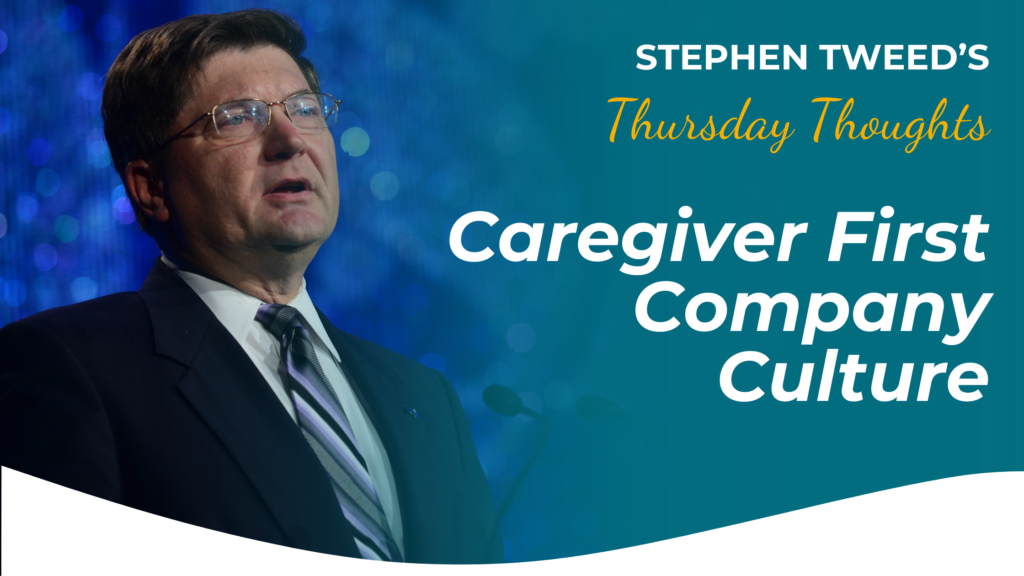One of the principles of the healthcare system in America has been that no one is denied care in a hospital, even if you have no health insurance and cannot afford to pay for your care. That tradition came about as part of the implementation of the Hill-Burton Act in 1946 which gave hospitals, nursing homes and other health facilities grants and loans for construction and modernization. In return, they agreed to provide a reasonable volume of services to persons unable to pay and to make their services available to all persons residing in the facility’s area. The program stopped providing funds in 1997, but about 170 health care facilities nationwide are still obligated to provide free or reduced-cost care.
According to the New York Times (5-25-14) hospital systems around the country have started scaling back financial assistance for lower- and middle-income people without health insurance, hoping to push them into signing up for coverage through the new online marketplaces created under the Affordable Care Act .Driving the new policies is the cost of charity care, which is partly covered by government but remains a burden for many hospitals. The new law also reduces federal aid to hospitals that treat large numbers of poor and uninsured people, creating an additional pressure on some to restrict charity care.
Here are some examples of hospitals that have put in place new policies regarding charity care:
- In St. Louis, Barnes-Jewish Hospital has started charging co-payments to uninsured patients, no matter how poor they are.
- Southern New Hampshire Medical Center generally provided free or discounted care for patients who were at or below 225 percent of the poverty level, or about $26,260 for an individual. But starting this year, only patients below the poverty level will receive such charity care.
- Fletcher Allen, Vermont’s largest health care system, changed its policy on April 1, requiring many uninsured patients to pay a percentage of their bill instead of a fixed fee of up to $1,000.
The financial challenges are particularly daunting in the more than 24 states that have not yet expanded Medicaid. The Affordable Care Act reduces federal aid for uncompensated care on the assumption that hospitals would replace much of the lost income with payments for patients newly covered by Medicaid.
But the Supreme Court in 2012 gave states the right to opt out of the expansion. Now hospitals that treat the poor and uninsured in states are losing federal aid without getting new Medicaid payments, a problem they say is threatening their bottom lines.
What impact will these cuts in charitable care by hospitals in your local marketplace have on the operations of your home health agency or hospice? Will more low to middle income people purchase health insurance as a result of these changes?




